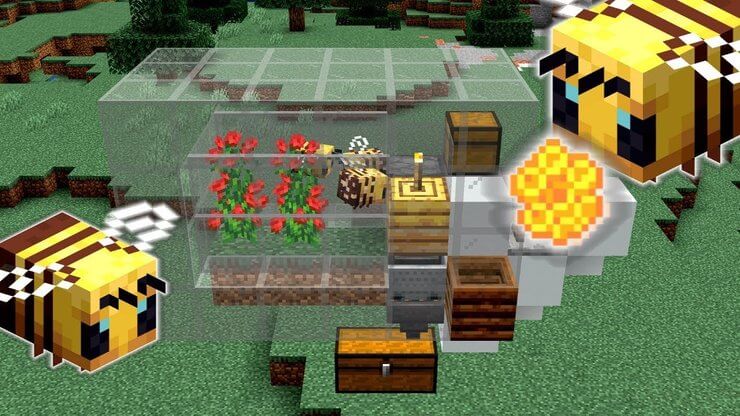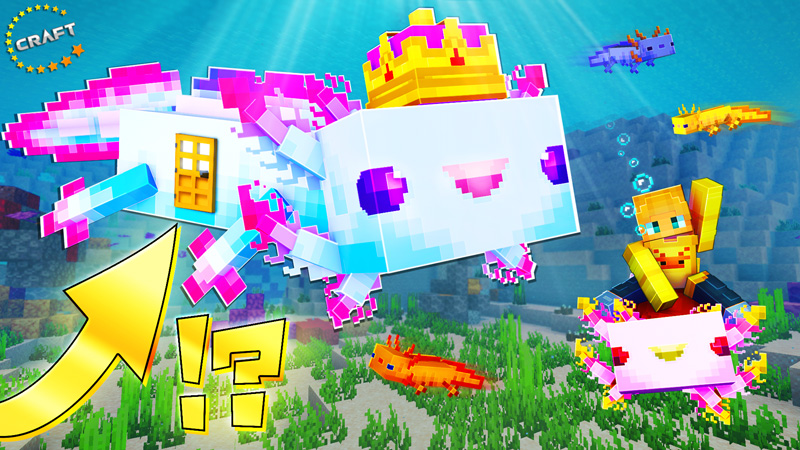In today’s digital age, smartphones have become ubiquitous, and they can serve as powerful tools for education, including the exploration of science. Parents looking to spark their children’s interest in STEM (Science, Technology, Engineering, and Mathematics) can harness the capabilities of smartphones to create engaging and interactive learning experiences.
Whether you’re seeking ways to inspire your child’s scientific curiosity or simply exploring educational opportunities, smartphones are a convenient and accessible resource. Much like finding a cheap reliable essay writing service when seeking academic help, using smartphones for science education offers a wealth of possibilities that can make learning an exciting adventure for your kids.
- Interactive Science Apps
One of the easiest and most accessible ways to introduce kids to science through smartphones is by using interactive science apps. These apps cover a wide range of topics, from astronomy and biology to physics and chemistry. Many of them are designed specifically for children, offering age-appropriate content and engaging activities.
Apps like “The Elements: A Visual Exploration” provide an immersive experience by allowing kids to explore the periodic table in 3D. Others, like “Star Walk,” turn your smartphone into a portable planetarium, helping children identify stars and constellations in the night sky. These apps make science more tangible and exciting, encouraging kids to learn while having fun.
- Virtual Reality (VR) and Augmented Reality (AR)
Virtual reality and augmented reality apps take smartphone science to the next level. By using VR headsets or simply the smartphone’s camera, kids can dive into immersive experiences that bring scientific concepts to life. For example:
- AR apps can overlay information on real-world objects, making it easier for kids to understand complex topics. For instance, apps like “AR Anatomy” can project 3D models of the human body onto a tabletop.
- VR apps can transport kids to different environments. “Expeditions” by Google, for example, allows students to embark on virtual field trips to explore ecosystems, historical sites, and more.
These technologies create engaging and memorable learning experiences, making science accessible and exciting for children.
- Citizen Science Projects
Citizen science projects are collaborative efforts that involve the public in scientific research. Many of these projects have smartphone apps or platforms that allow kids to participate in real scientific investigations. For instance:
- “iNaturalist” encourages kids to document local wildlife by uploading photos and observations. Their contributions help scientists track and understand biodiversity.
- “Foldit” is a puzzle-solving game that involves protein folding, a critical aspect of biochemistry. Players contribute to real scientific research by solving puzzles related to protein structures.
Engaging in citizen science projects not only teaches kids about the scientific process but also instills a sense of curiosity and discovery.
- YouTube Science Channels
YouTube is a treasure trove of educational content, including science-related channels that cater to young learners. Channels like “SciShow Kids” and “National Geographic Kids” offer entertaining videos that cover a wide range of scientific topics in an engaging and accessible manner.
Parents can encourage their kids to explore these channels, watch science experiments, and learn from experts. Many of these videos are designed to be both entertaining and educational, making them an excellent resource for fostering a love of science.
- Science Simulations
Smartphones can also serve as platforms for interactive science simulations. Apps like “PhET Interactive Simulations” offer a wide range of science and math simulations that allow kids to experiment and explore concepts in a virtual environment.
These simulations can help kids grasp complex scientific ideas by allowing them to manipulate variables, conduct experiments, and observe the outcomes. They provide a hands-on approach to learning science, promoting critical thinking and problem-solving skills.
- Nature Identification Apps
Encouraging kids to explore the natural world is a fantastic way to ignite their interest in science. Smartphone apps like “PlantSnap” and “iBird” can help children identify various plants, trees, and birds they encounter in their outdoor adventures.
These apps provide information, images, and even audio recordings to aid in identification. They turn outdoor excursions into opportunities for scientific exploration, helping kids connect with the environment and learn about biodiversity.
- DIY Science Experiments
Smartphones can also be used as tools to document and share DIY science experiments. Parents and kids can find countless science experiment ideas online and use their smartphones to record the process and results.
Recording experiments not only encourages kids to think like scientists but also allows them to share their findings with others. They can create videos or presentations, enhancing their communication and presentation skills.
- Educational Podcasts
Podcasts are another valuable resource for parents looking to engage their kids in scientific learning. There are numerous science-themed podcasts designed for children that cover a wide range of topics, from space exploration to marine biology.
Listening to podcasts can be an enjoyable way for kids to absorb scientific information and stories while on the go. It can also spark their curiosity and prompt them to explore further.
- Gamified Learning Platforms
Several educational platforms and apps use gamification to make learning science more engaging for children. Gamified apps like “Kahoot!” and “Quizlet” turn science quizzes and flashcards into interactive games, allowing kids to test their knowledge and compete with friends.
Gamification can make learning more enjoyable and motivate kids to dive deeper into scientific subjects.
- Encourage Questions and Exploration
While smartphones can be fantastic tools for learning, parents should also encourage their children to ask questions and explore the world around them. Promote curiosity and critical thinking by engaging in conversations about scientific phenomena or encouraging kids to investigate their surroundings.
As we conclude our exploration of Smartphone Science: Fun and Educational Ways to Explore STEM with Your Kids, it’s clear that smartphones can be valuable tools for nurturing your child’s interest in science and technology. Just as you might seek assistance from a geometry homework helper when tackling challenging math problems, these devices offer a wide array of resources and opportunities to make STEM subjects engaging and accessible.
By incorporating interactive apps, virtual reality experiences, citizen science projects, educational videos, simulations, and nature identification tools, you can turn your child’s smartphone into a gateway for exploration and discovery. The digital age provides unprecedented access to knowledge and learning, and when used mindfully, smartphones can empower young learners to develop a deeper understanding of the world around them.
However, it’s essential to strike a balance between digital and offline experiences. Encourage your children to take what they’ve learned through their smartphones and apply it to hands-on experiments, outdoor explorations, and discussions about scientific concepts. This blend of digital and real-world experiences can enrich their understanding and foster a lifelong love of learning.
So, whether you’re identifying constellations with augmented reality apps, embarking on virtual field trips, or conducting DIY science experiments documented on smartphones, remember that learning is an adventure. Use these tools to inspire curiosity, encourage questions, and ignite your child’s passion for STEM. As a parent, you have the opportunity to shape their educational journey and set them on a path of discovery, all with the help of a smartphone and a sense of wonder.
- What is Epic Games Launcher and How to Install It? - July 15, 2024
- What Is Audius Music Streaming App and How Does it Work? - July 13, 2024
- The 10 Best Astronomy Apps for Stargazing - July 12, 2024





